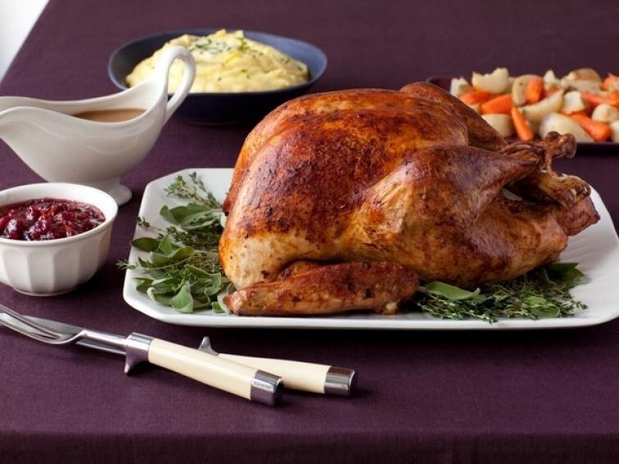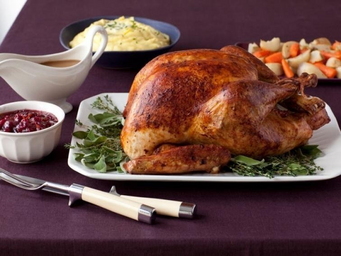In our elementary years, most of us were introduced to the tranquil image of the Pilgrims sitting down to a lovely feast with Native Americans, conversing and eating together in perfect harmony. This image might have faded a little as we became exposed to the darker side of European colonization of the Americas in high school and beyond. Cute childhood stories and arts and crafts involving constructing miniature turkeys eventually transitioned into U.S. history lessons on the bloody and brutal genocide of the indigenous population by European settlers. And even if our classes didn’t fully cover the dark truth behind the holiday, social media and the Internet give us access to plenty of critiques and more realistic accounts of the first Thanksgiving.
There is another layer of injustice and exploitation to this supposedly joyous occasion. Much like its origins, the modern history of Thanksgiving is also rooted in the oppression of marginalized groups. While some students envision a long dinner table laden with heaping dishes of turkey, stuffing, mashed potatoes, and pie when asked what their Thanksgiving dinner this year might look like, this image contrasts starkly with the plight of the workers who produced all of this food. When considering this, it may be time to revisit the 1960 documentary Harvest of Shame. It’s relevant every Thanksgiving, and perhaps even more relevant with this year being the second COVID Thanksgiving.
One thing is clear from this documentary: we take for granted the work of migrant workers who produce Thanksgiving food. The documentary is based on footage of labor camps in various states across the United States and interviews workers within those camps. The workers who appear in the documentary are underpaid and overworked, with one interviewee stating that she was only paid $10 to $15 per day for working from sunrise to sundown. These workers are confined to a highly exploitative work environment that we might expect to read about in history textbooks, when it’s actually a modern reality.
Organizations such as the Migrant Workers Alliance have also shed light on the unfortunate circumstances that migrant workers face on holidays. Because the law does not guarantee their basic protections and rights, they are not able to ask employers for a vacation during Thanksgiving. This means being separated from family — a cruel irony, when one considers how they are behind many of the Thanksgiving dinners enjoyed by reunited families across the country. That’s not to mention the physically excruciating task of harvesting crops used for Thanksgiving meals. Harvesting turnips requires intense concentration and precision and comes with the risk of losing a finger if not too careful. Some migrant workers are paid as low as $1.50 for every two buckets of turnips, a ridiculously low wage compared to the level of effort and danger that comes with the task.
So what does this all mean as we consider our plans for this Thanksgiving? We can support unions such as the Migrant Workers Alliance and the United Farm Workers, who are fighting for more bargaining power, higher wages, and paid holidays for migrant workers. We can also amplify the narratives of migrant workers by reading about their stories and learning about their working conditions. Despite this issue continuing to persist and not enough being done since the release of Harvest of Shame, we all have a duty to recognize the work of migrant workers and stand in solidarity with them. If we truly value the spirit of gratitude and appreciation during Thanksgiving, we should thank the migrant workers who make every Thanksgiving dinner possible. And we should never take for granted the dangerous, laborious work that goes into the harvesting of Thanksgiving food.

